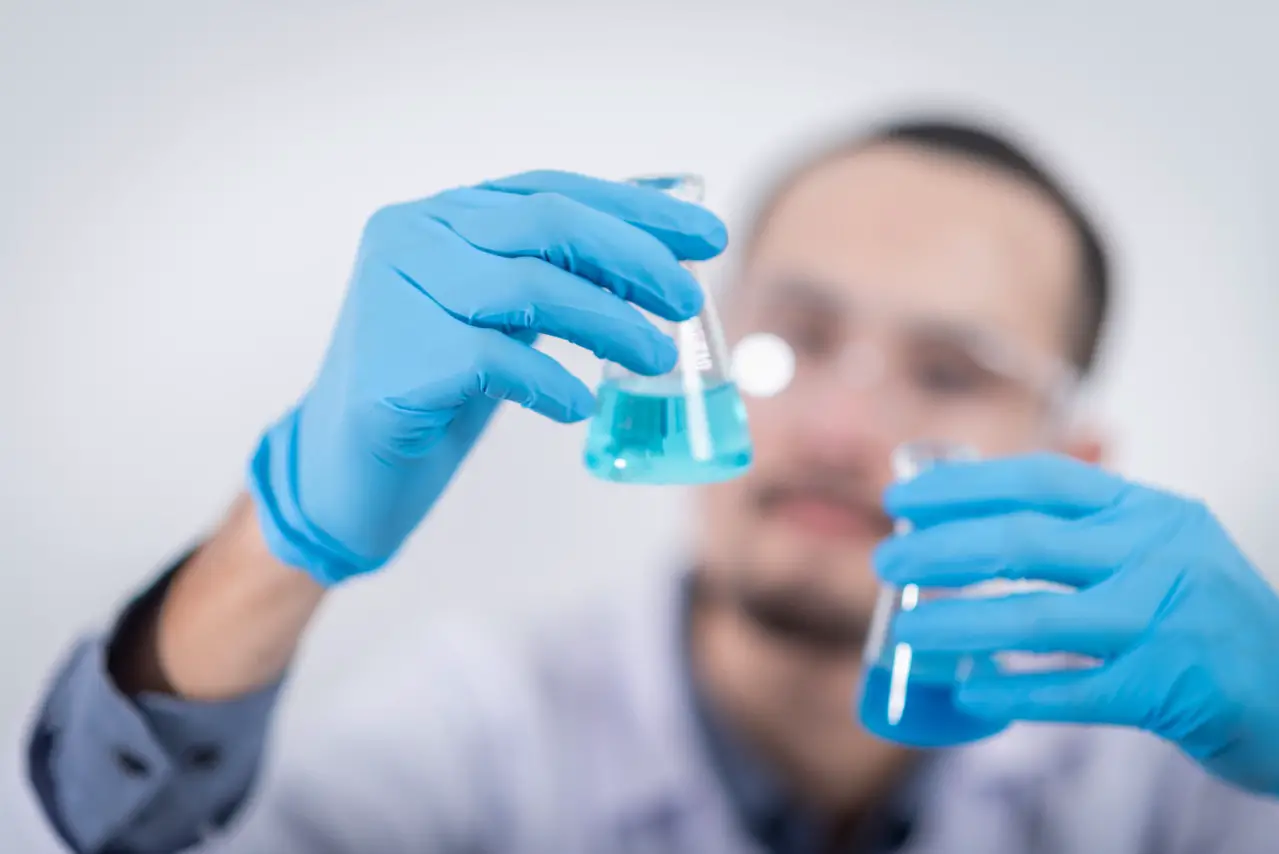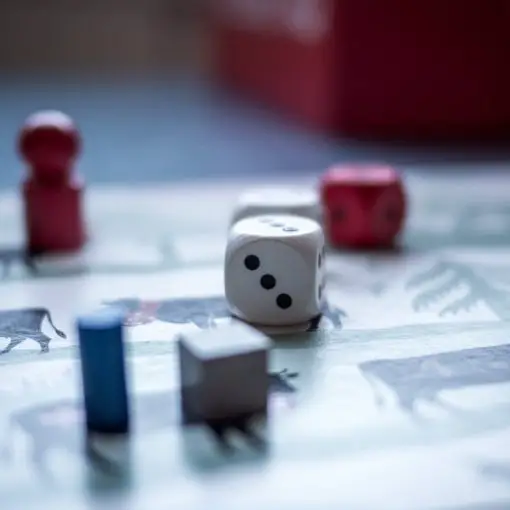Thinking deeply about things is a defining feature of what it means to be human, but, surprising as it may seem, there isn’t just one way to ‘think’ about something; instead, humans have been developing organized and varied schools of thought for thousands of years.
Discussions about morality, religion, and the meaning of life often drive knowledge-seeking inquiry, leading people to wonder what the difference is between critical thinking and Scientific Thinking.
Critical thinkers prioritize objectivity to analyze a problem, deduce logical solutions, and examine what the ramifications of those solutions are.
While scientific thinking often relies heavily on critical thinking, scientific inquiry is more dedicated to acquiring knowledge rather than mere abstraction.
There are a lot of nuances between critical thinking and scientific thinking, and most of us probably utilize these skills in our everyday lives. The rest of this article will thoroughly define the two terms and relate how they are similar and different.
What Is Critical Thinking?
Critical thinking is a mindset― a lens, if you will, through which one may view the world. Critical thinkers rely on a lot of introspection, constantly self-evaluating how they came to a conclusion, and what that conclusion naturally entails.
A critical thinker may discern what they already know about a subject, what that information suggests, why that information is relevant, and how that information could be linked to further lines of inquiry. Critical thinking is, therefore, simply the ability to think clearly and logically.
Systematic reasoning is prized over gut instinct, and determining relevance is crucial to parsing out useful data from extraneous information.
Naturally, the ability to think critically is highly prized in an academic setting, and most educators seek to enable their students to think critically.
What is the link between the styles and motivations of these two Romantic era poets? How can your current understanding of algebra be applied to geometry? How does our understanding of this historical figure influence our understanding of social life at the time?
So much information can be interlinked to develop our understanding of the world, and critical thinking is the basis for using objectivity to not only establish likely outcomes to a scenario, but also inquire on the repercussions of that outcome and reflect on the process by which one came to that conclusion.
What Is Scientific Thinking?
The objective of scientific thinking is the acquisition of knowledge. The more we know, the more we can hope to know.
Scientific thinking begins by imagining what the outcome of a problem may be, observing the situation, and then making notes and changing the initial hypothesis.
The commonly used scientific method is as follows:
- Define the purpose of the experiment
- Formulate a hypothesis
- Study the phenomenon and collect data
- Draw results
As you might imagine, this process can be repeated ad infinitum. So, you draw a conclusion that’s scientifically verifiable? Great! Now you can take that conclusion and use it as a basis for a new experiment. Of course, the scientific method has limits.
It’s hard to apply the scientific method when it comes to morality or religious beliefs. A revelation of a prophet cannot be empirically verified.
We can’t go inside said prophet’s mind and see exactly what neurons were firing to recreate the conditions under which the vision was made, and even if we could, the nature of such a revelation is spiritual and immaterial.
It’s impossible to influence the supernatural in the material world, and as such, creating a test that relies on changing something to see the outcome is impossible. Where scientific thinking does excel is in the fields of math and, well, science.
Physics is known as the perfect science because the forces that comprise our world are well understood and don’t tend to exhibit anomalies, making the empirically verified scientific method perfect for improving our understanding of the natural world.
How Are Critical Thinking and Scientific Thinking Similar and Different?
Both critical and scientific thinking rely on the use of empirical, objective evidence. Thinking scientifically or critically relies on using the data available and following it to its likely conclusion.
Scientific thinking can be seen as a stricter, more regulated version of critical thinking. It takes the tenets of critically thinking and narrows the focus.
Both fields of study eschew personal bias and gut instinct as both unreliable and unhelpful.
The main difference between the two, however, is the goal of each discipline.
While both prioritize learning and using data to make hypotheses, critical thinking is prone to much more abstraction and self-reflection.
With little variation in the scientific method, there’s not really any need to reflect on how those conclusions were drawn or if those conclusions are a result of any kind of bias. It’s just not useful information.
For a critical thinker, however, self-reflection is key to identifying inconsistencies and refining one’s argument.
Both scientific thinking and critical thinking tend to draw links between concepts, evaluating how they are related and what knowledge may be gleaned from that connection.
While critical thinking can be applied to most concepts, even those of morality and anthropology, scientific thinking is often problem oriented. If a problem exists, scientific inquiry attempts to gain the necessary information to solve it, overcoming obstacles along the way.
Conclusion
Both critical thinkers and scientific thinkers may very well end up at the same conclusion― they will just draw those conclusions differently. Critical thinkers are concerned with logic, order, and rational thinking.
Establishing already-understood information, applying that information to a query, and then establishing a defensible argument on the accuracy and relevance of the conclusion is the trademark of a critical thinker. Scientific thinkers, on the other hand, work towards solving knowledge almost exclusively through the acquisition of knowledge through the scientific method.
Scientific thinkers develop a hypothesis, test it, and then rinse and repeat until the phenomenon is understood. As such, scientific thinkers are obsessed with why questions. Why does this phenomenon happen?
Why does matter behave like this? In the end, both schools are thought have a lot of interesting ideas guiding them, and most of us probably use them throughout our daily lives.
References
https://www.vwaust.com/resource/what-is-scientific-thinking/
https://www.skillsyouneed.com/learn/critical-thinking.html#:~:text=Critical%20thinking%20is%20thinking%20about%20things%20in%20certain,to%20the%20best%20possible%20conclusion.%20Critical%20Thinking%20is%3A
https://psycnet.apa.org/record/2010-22950-019





